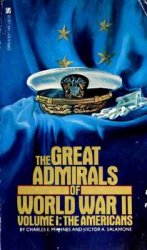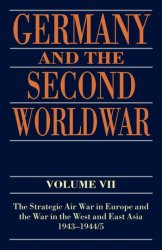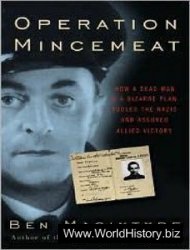Constantinople 1197 - Emathia, near Ephesos 1269. Byzantine theologian and philosopher, teacher and ecclesiastical man, representative of the intellectual movement in the Empire of Nicaea and the best-known figure of the Byzantine letters of the thirteenth century. Blemmydes was born in a family of high social status, which after the Latin conquest of Constantinople (1204 CE) migrated to Asia Minor. In Nicaea and in other smaller cities he received his encyclical education and he studied poetry, rhetoric, philosophy (Porphyry’s Isagoge, Categories, On Interpretation, Prior Analytics, and Physics), mathematics, geometry, astronomy, medicine, and the Scripture.
Back to Nicaea (1224) Blemmydes began his clerical career and his teaching on philosophy and medicine. Nicaea was then the capital of the Byzantine government In exile and was trying also to be the new theological, philosophical, and educational center. Blemmydes contributed to this effort as a teacher and helped for the foundation of new schools and the creation of libraries. He became a monk (1234) and ‘‘hegoumenos’’ at a monastery in Ephesos (1237). He refused further teaching (1245/1246) and also to accept his appointment as a Bishop and as a Patriarch. He participated in Greek-Latin theological controversies (see his treatises on the Procession of the Holy Spirit). He was devoted to his monastic life and to the composition or revision of his writings. Later (1248) he founded a monastery near Ephesos, where he retired for his last years.
Through his teaching activity and his writings, Blemmydes had a reputation as one of the most erudite men of his time, both in philosophy and science. Among his students were Theodore Laskaris (the future Emperor, theologian) and George Akropolites (diplomat, historian).
Blemmydes was the author of many works, including theological, ascetic, exegetical, liturgical, hymnography, hagiographical, historical, poetical, medical, and geographical. His Autobiography is an important testimony for his own education and career and for the intellectual life in thirteenth century Byzantium.




 World History
World History









